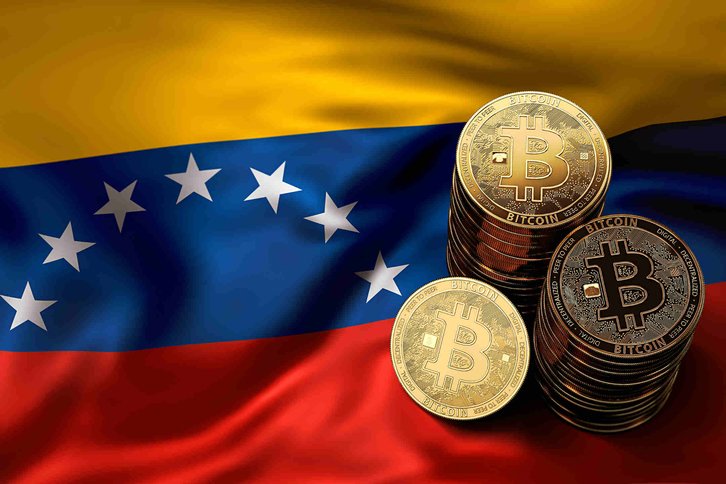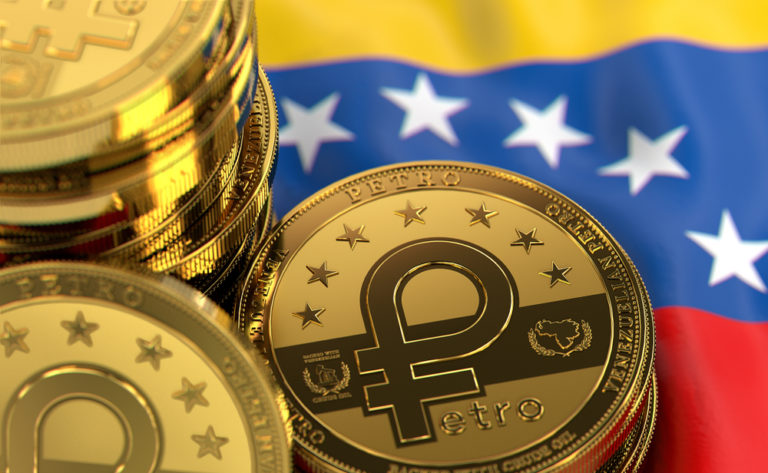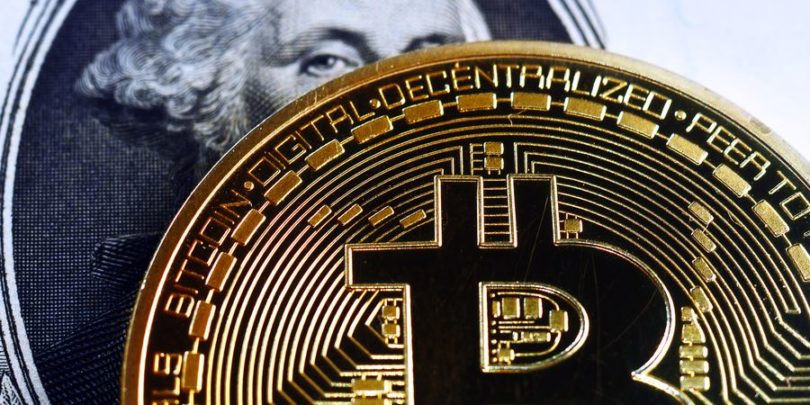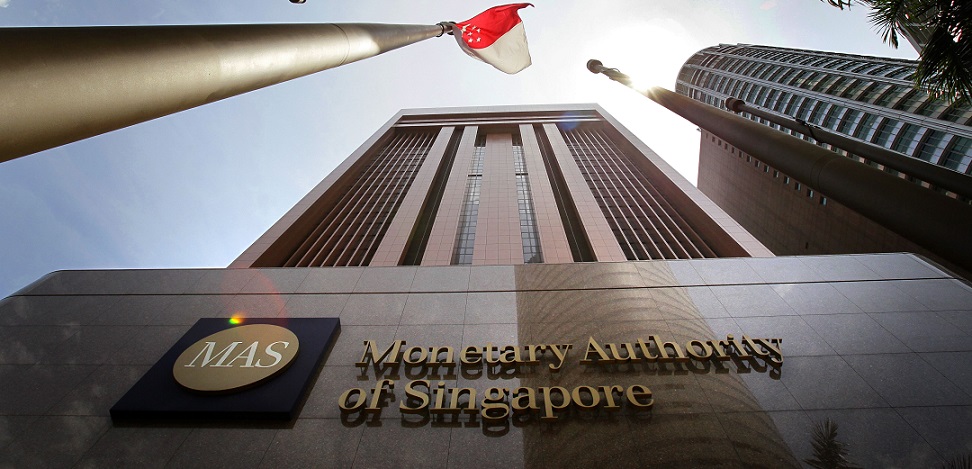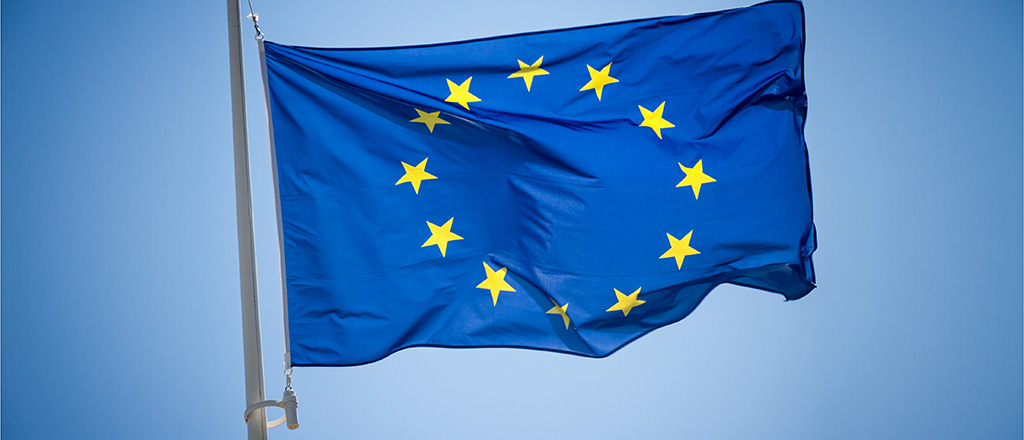The blockchain technology reaches far beyond the financial institution and some believe it has more potential to help other fields more than ever. Bitcoin brought the world into a new age of transparency and no matter what will happen to cryptocurrencies, the blockchain technology is here to stay. What European countries are using the blockchain technology? From research institutions to personal data-keeping, the potential is huge.
The European Union is actively engaging in programmes striving to further research blockchain and pursuing innovation. The aim of the EU is to accelerate the development of blockchain within its borders. That’s why the European Union Blockchain Observatory & Forum was founded, to foster all the discussions and blockchain innovations for the European countries. Funding for blockchain projects can be acquired through the Horizon 2020 program, which supports projects in the European Union. Horizon 2020 is investing €300 million in blockchain projects.
Austria
The Austrian government announced its support for blockchain forming a new research institute for crypto-economy and securing an €8 million fund.
Denmark
In Denmark, the Liberal Alliance used the blockchain technology to have an election. A local branch in Hvidovre was the first one in the world to use the blockchain technology to perform e-elections.
Estonia
When speaking about blockchain at a national level, Estonia is already an example in most conferences. Estonia started testing the technology more than 10 years ago and it was the first country to use blockchain on a national level.
The Estonian government uses the blockchain technology to operate the national health, judicial and commercial registries and plans to expand it even further, to cybersecurity and personal medicine. The ‘most advanced digital society’ created a program called e-Estonia, which helps all online services. For instance, 98% of Tax files are done online, 98% of the population has a digital ID and 44% of Estonians vote online. To top it all up, 99% of the health data is stored on the blockchain.
Estonia is also proud of its juridical process, having the second fasted court proceedings in Europe. And the Ministery of Justice used the blockchain technology to inform the public about every law draft using the online database called e-Law, since 2003.
Georgia
Georgia is trying to win back the trust of its population and has launched the first-ever blockchain land-registry system. With an average of 3 minute registration time, there are now more than 1.5 million land titles.
Germany
Germany is looking actively into the blockchain technology. That’s why the German government has released a strategy on how to use blockchain opportunities for digital transformation.
A ‘Blockchain Lab’ was established to understand the potential of the distributed ledger technology and to reach the United Nations Sustainable Development Goals.
Ireland
Ireland is also preoccupied with the impact of blockchain and published a discussion paper on digital currencies and the subsequent blockchain technology. The Ministery of Finance also created a working group to understand and be proactive in the regulatory approaches.
The government of Ireland partially funded Blockchain Ireland, which was created to help promote and distribute information all across Ireland. The Department of Public Expenditure and Reform, together with the Department of Finance organises Blockathon, a hackathon that aims to identify and analyse real-life uses cases for blockchain in the public sector.
Italy
After joining the European Blockchain Association, Italy amended regulations to define the blockchain technology and smart contracts.
Latvia
The Latvian Ministry of Finance published a memorandum, together with the ministries of Lithuania and Estonia, which includes the support of innovations and new technologies regarding regional fintech solution such as DLT.
Lithuania
Lithuania takes the blockchain serious as the Central Bank of Lithuania has launched LBChain, a sandbox for blockchain products. The bank also published an updated position on virtual assets such as cryptocurrencies, explaining how these can be used.
Luxembourg
The Luxembourg government created Infrachain, a non-profit organization, which aims to put in place community-driven governance for blockchain use.
Malta
Malta strives for modernization and efficiency of business processes as well and that why it will adopt Malta Business Registry. The government also launched Blockcerts, a system for verifying credential for education.
The Netherlands
The city of Groningen, in the Netherlands, has a proof of concept to help its citizens with their financial debts. The services included consist of debt assistance, debt prevention and income management. They store all financial records in a private blockchain.
The Netherlands also thought of Pension Infrastructure, a project to administrate pensions. Another city, Zuidhorn, won the Sampp Business Innovation Research competition with their project that supports financially children living in poverty.
Slovenia
Slovenia plans to become Digital Slovenia in 2020, as the Blockchain Slovenia launched a digitization plan which includes an initiative to explore the DLT technology. The Slovenian government also launched Bitcoin City, a commercial complex where paying with cryptocurrency is possible.
Spain
In Spain, the government of Catalonia launched IdentiCAT, a self-sovereign identity project, which can be privately managed by citizens.
In the city of Valls, launched Municipal Data Portal, a project which publishes data sets and resources in the local municipal web portal and on the blockchain.
The port of Valencia, blockchain is used to offer transparency and security to the supply chain.
Sweden
In Sweden, the government is testing transfers of real estate in the land registry (Lantmäteriet) and other multi-party transactions on the blockchain.
The municipality of Zug, Switzerland, tested Zug Digital ID, a government-issued self-sovereign identity on the Ethereum blockchain.
Ukraine
The government of Ukraine announced its plans to move government information to a blockchain platform. The Ukrainian Ministry of Finance piloted trial auctions using blockchain and announced plans to define cryptocurrencies in Ukraine.
United Kingdom
In the UK, a digital asset platform was set up to explore the blockchain potential in the UK real estate industry. The Food Standards Agency completed a trial to track distribution of meat with the use of blockchain. This pilot was the first time blockchain was used as a regulatory tool in the food industry.
The Isla of Man wants to attract more blockchain companies on the island and has launched a sandbox designed to help companies overcome regulatory hurdles.
The Associated British Ports(ABP) is the leading port operator in the United Kingdom and is currently testing the use of blockchain to facilitate trace through its marine terminals.
